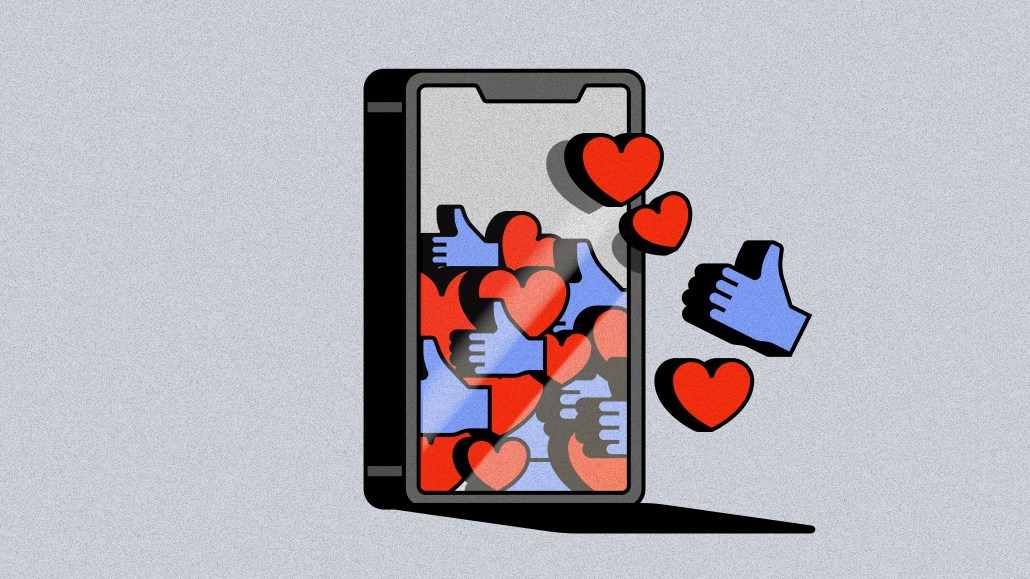Secure your place at the Digiday Media Buying Summit in Nashville, March 2-4
How mobile game developers are using AI tools to boost user acquisition

Artificial intelligence is improving every aspect of the game development process, all the way down to user acquisition.
For years, mobile game developers have used user acquisition tools such as AppLovin’s AppDiscovery program to get their products in front of targeted demographic groups via mobile ads. These user acquisition campaigns have historically required at least two or three weeks to find the right audience; thanks to recent AI advancements made to AppDiscovery, that process has been streamlined considerably.
“It used to take weeks, and/or tens of thousands of installs, to get a campaign optimized on AppLovin,” said Michael Dawson, chief business officer of the mobile game studio Pocket Gems. “Now, it can happen within a week.”
More so than many other sectors in mobile app development, the gaming world is performance optimized and focused on return on ad spend. As a result of the AI improvements to AppDiscovery’s user acquisition capabilities, the platform has experienced an influx of advertisers from this sector that were once hesitant to cover the higher learning costs associated with longer campaigns.
“In gaming, the vast majority of the costs of companies are performance spend — it’s very much a performance-driven industry,” said AppLovin vp of global business development Daniel Tchernahovsky. “So it is very impactful, and when somebody scales with us, it can be very significant to the bottom line and the overall success of the business.”
At today’s gaming companies, AI, and the myriad ways it can lower the costs of game development, is often one of the hottest topics of discussion. Although some companies such as Unity have begun developing AI tools to ease the creative side of the production process, Dawson told Digiday that his company was taking a cautious approach to any aspect of AI that could harm creators.
“There’s no way we’re thinking of it replacing the idea of supporting creators and making stories — we just don’t think that’s anything in the near future,” he said. “Business and professional email writing, sure, great. But the actual creation of worlds and characters and stories, we don’t want to do that.”
Game developers’ wariness notwithstanding, AppLovin and other stakeholders in the mobile gaming space are continuing to experiment with the ways AI can help reduce mobile gaming companies’ ad spend — including the production of the advertisements themselves. In addition to its AI updates to AppDiscovery, AppLovin’s in-house creative agency, SparkLabs, has been experimenting with using AI to create video ads.
A SparkLabs representative told Digiday that it was too early to collect any performance data on the AI-powered video ad that the agency created for Pocket Gems. Still, it’s clear that artificial intelligence is rapidly becoming a standard element of the mobile game development and user acquisition process.
“It’s allowed us to be more successful with AppLovin on Android campaigns than ever before,” Dawson said. “AppLovin was always a larger presence on iOS for us, and a good marketing partner there. But this lets them really jump up as a bigger one on Android.”
More in Marketing

Pitch deck: Why Amazon believes its premium streaming inventory is worth the money
Amazon is pitching its DSP to make the case.

In Graphic Detail: The state of the marketing agency sector
Revenue figures from Omnicom, Publicis and Havas, and new employment stats, offer a snapshot on a quickly evolving industry.

Future of Marketing Briefing: The mental gymnastics of principal media
Welcome to the psychological CrossFit class of modern marketing. Here’s how marketers are learning to move through it.








